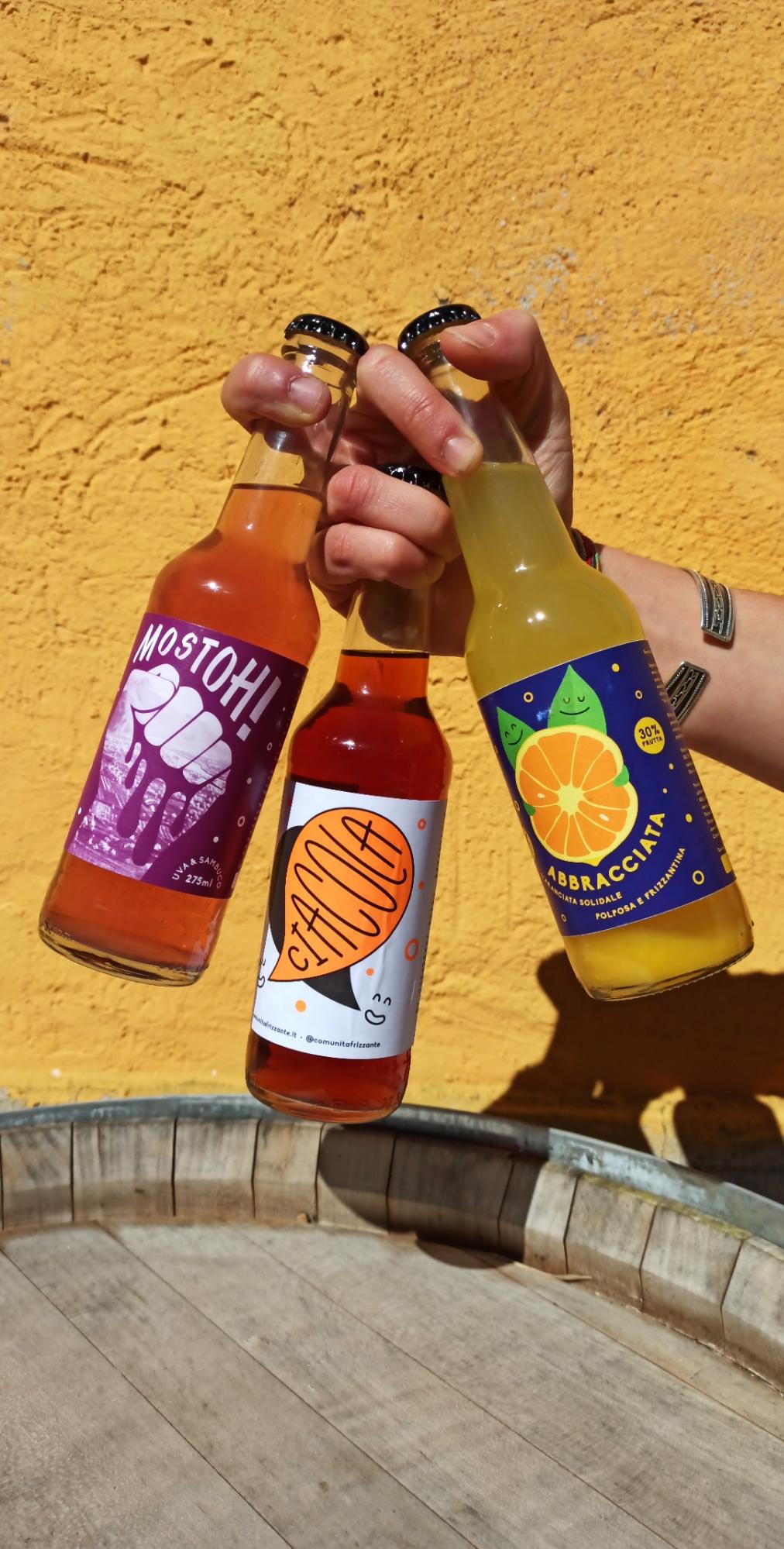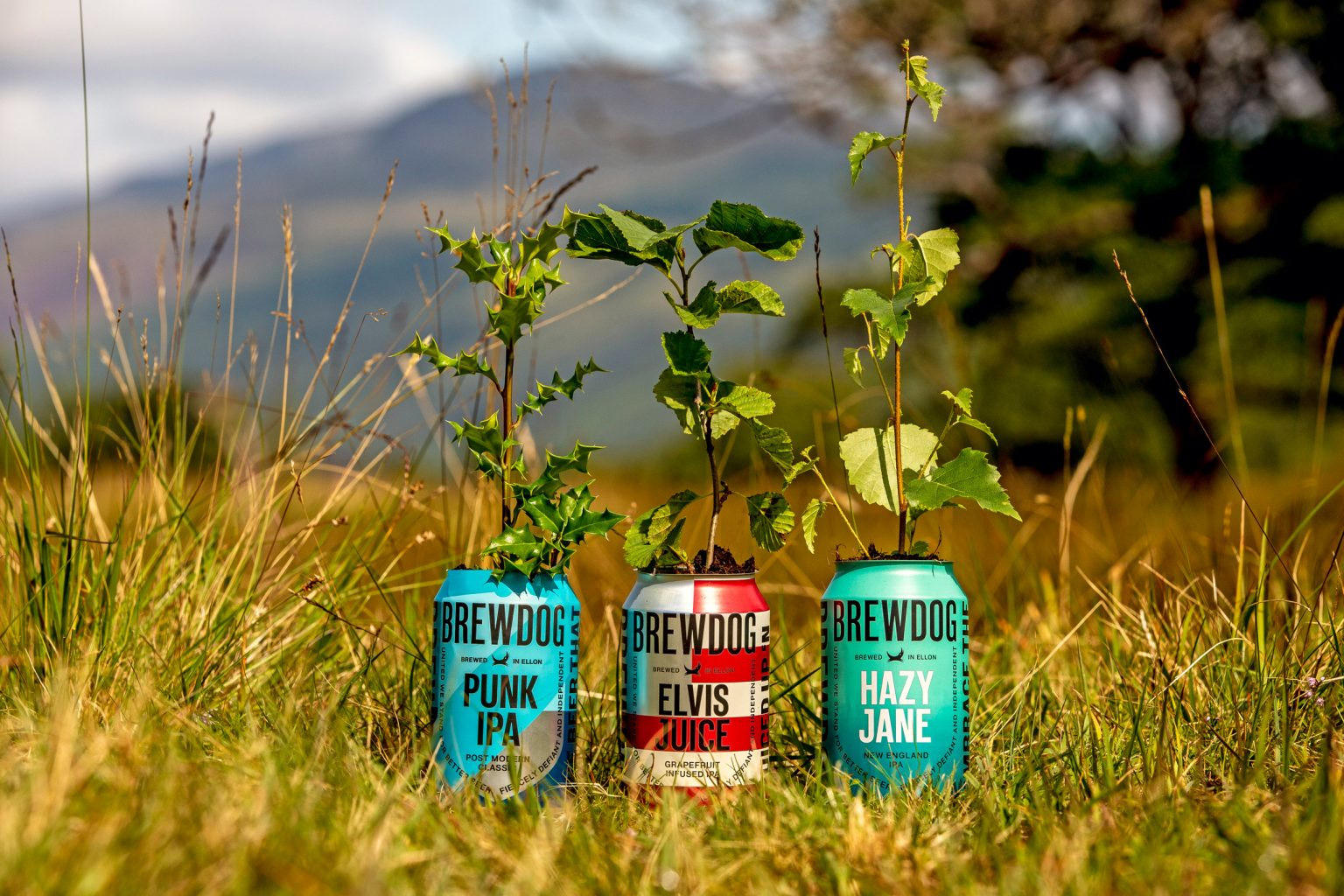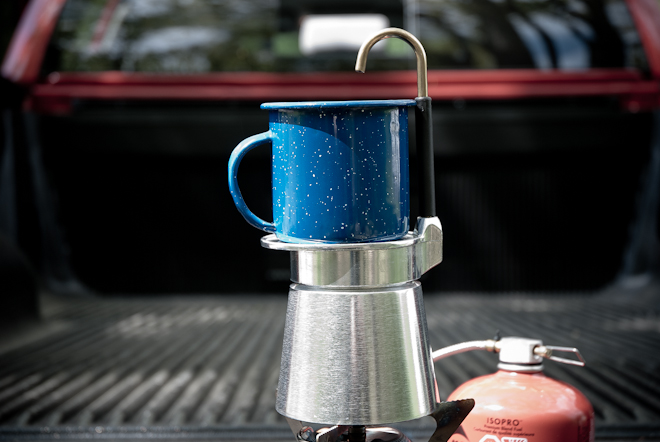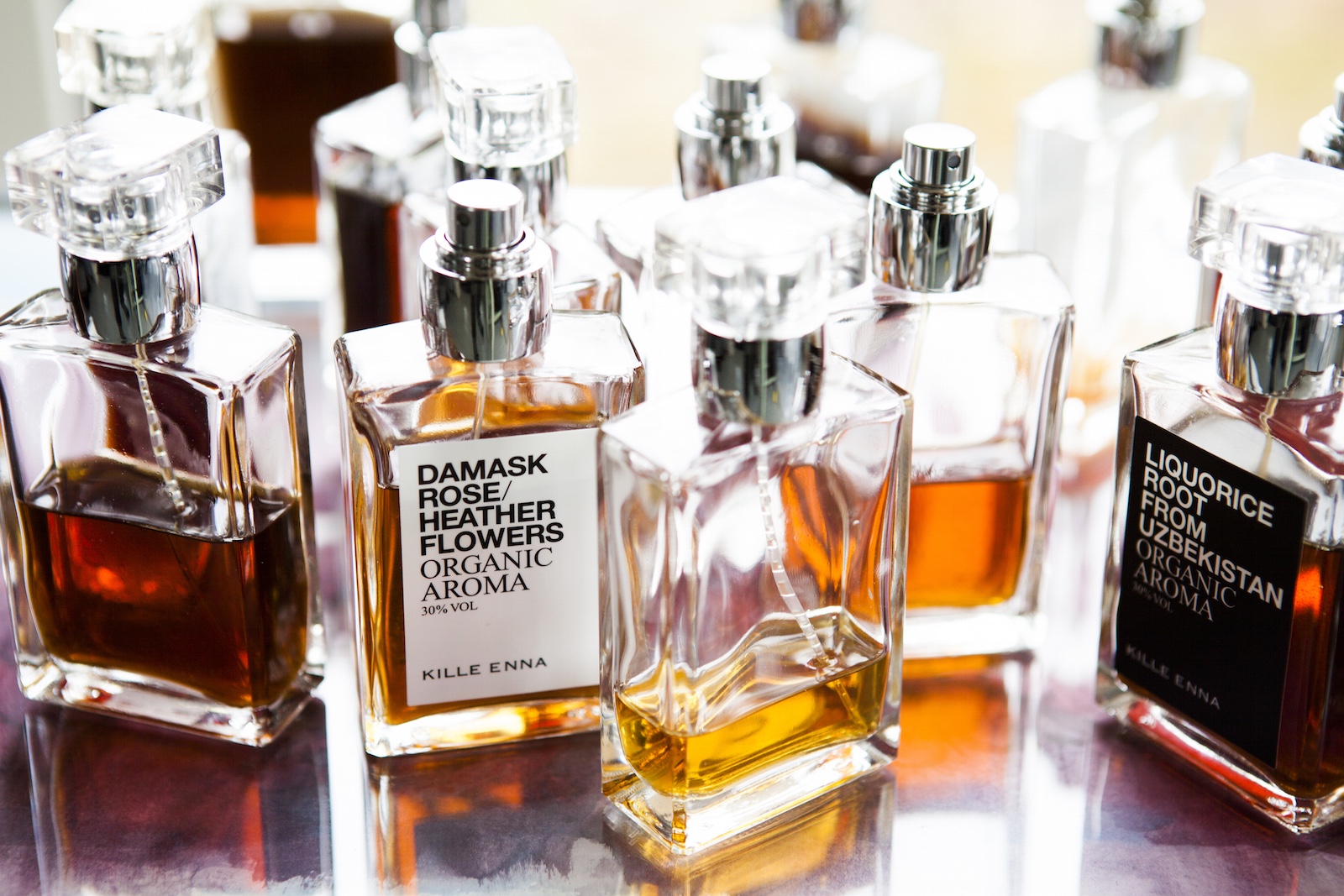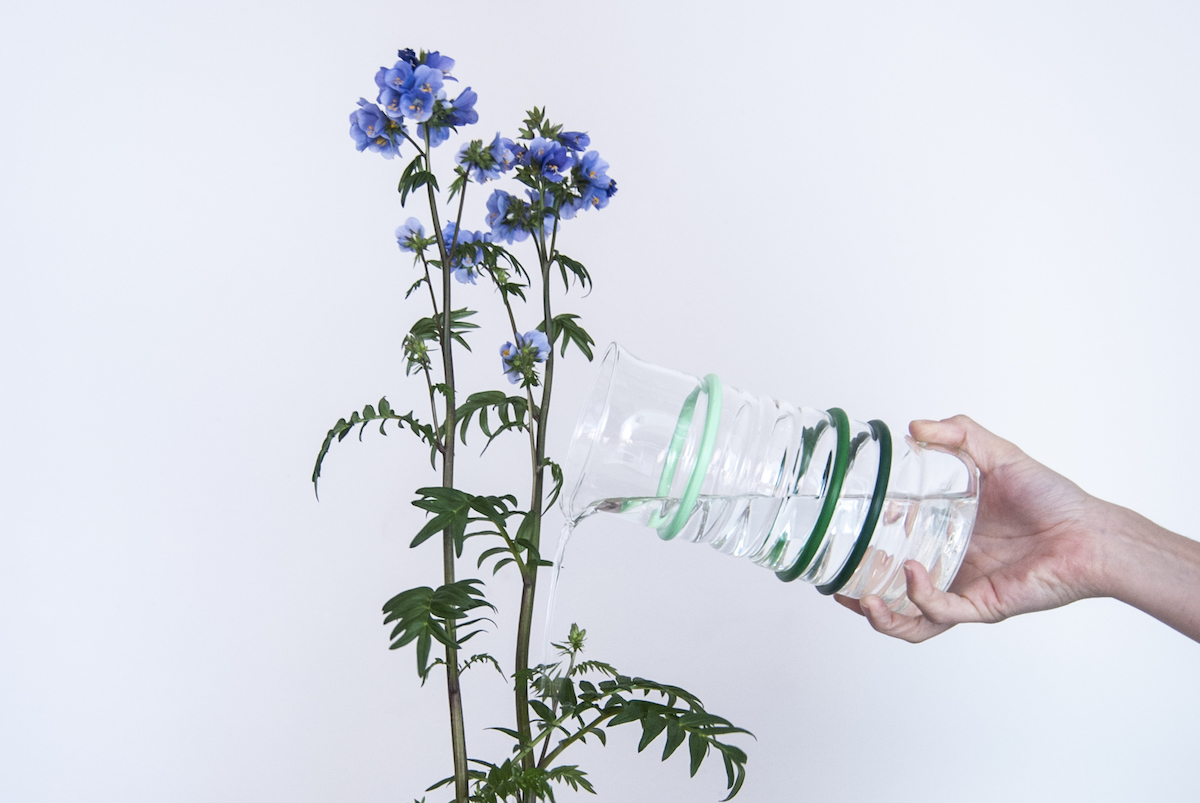Ben Branson is a 35-year-old British farmer who makes a non-alcoholic spirit, Seedlip, out of his family’s farm specialty, peas. The Lincolnshire-based farmer-cum-entrepreneur is trying to make a case for an alternative model to agriculture: one that’s more consumer-facing.

Given that the average age of the farmer in the United Kingdom is 60, Branson argues that traditional, large-scale farming, as his family has done for nine generations, doesn’t work.
“It’s too expensive. The costs are prohibitive. The margins are tight. And the environmental impact of industrial farming is pretty hard on soil,” he says, wearing a backwards hat and overalls at the recent Chelsea Flower Show in London, where he devised a clever display of all pea varieties and offered tastings of Seedlip, the world’s first distilled non-alcoholic spirit.

Instead, Branson is interested in building Seedlip as a “nature” company. With backing from Diageo, the company’s main offering is two varieties of a non-alcoholic spirit, Garden, which is herby with thyme and rosemary, and Spice, featuring allspice and cardamom; both are sold in 16 countries around the world, served in 250 Michelin star restaurants, and notable hotels like the Savoy in London, the Soho House globally, and even on Virgin Atlantic lounges. As much as Branson loves to experiment with tinctures and distillations, he gets as excited about the “geeky” stuff, he says, like regenerative agricultural practices and soil health. In fact, he asks all his staff, which now span seven countries and add up to a team of 70, to read Dan Barber’s seminal text on soil and the food system, The Third Plate.

To test out some of these ideas, he’s building a 5 acre experimental space next to the 1000 acres that his family own in Lincolnshire to see how the family’s industrial farm can transition into a more eco-friendly operation. To do so, he hired a fellow soil nerd, Tom Harfleet, the former manager of the Chelsea Flower Show. The experimental space, nicknamed Beasley (the old English name for a meadow of peas), will be a testing ground for Branson and Harfleet to see what agricultural practices can be incorporated into the farm.
“I used to be ashamed that we came from a family of farmers. I thought of it as a peasant job,” Branson says. “I want to change that for the next generation. Responsible farming is not only cool but necessary, and part of the answer to so many of our global challenges.”
